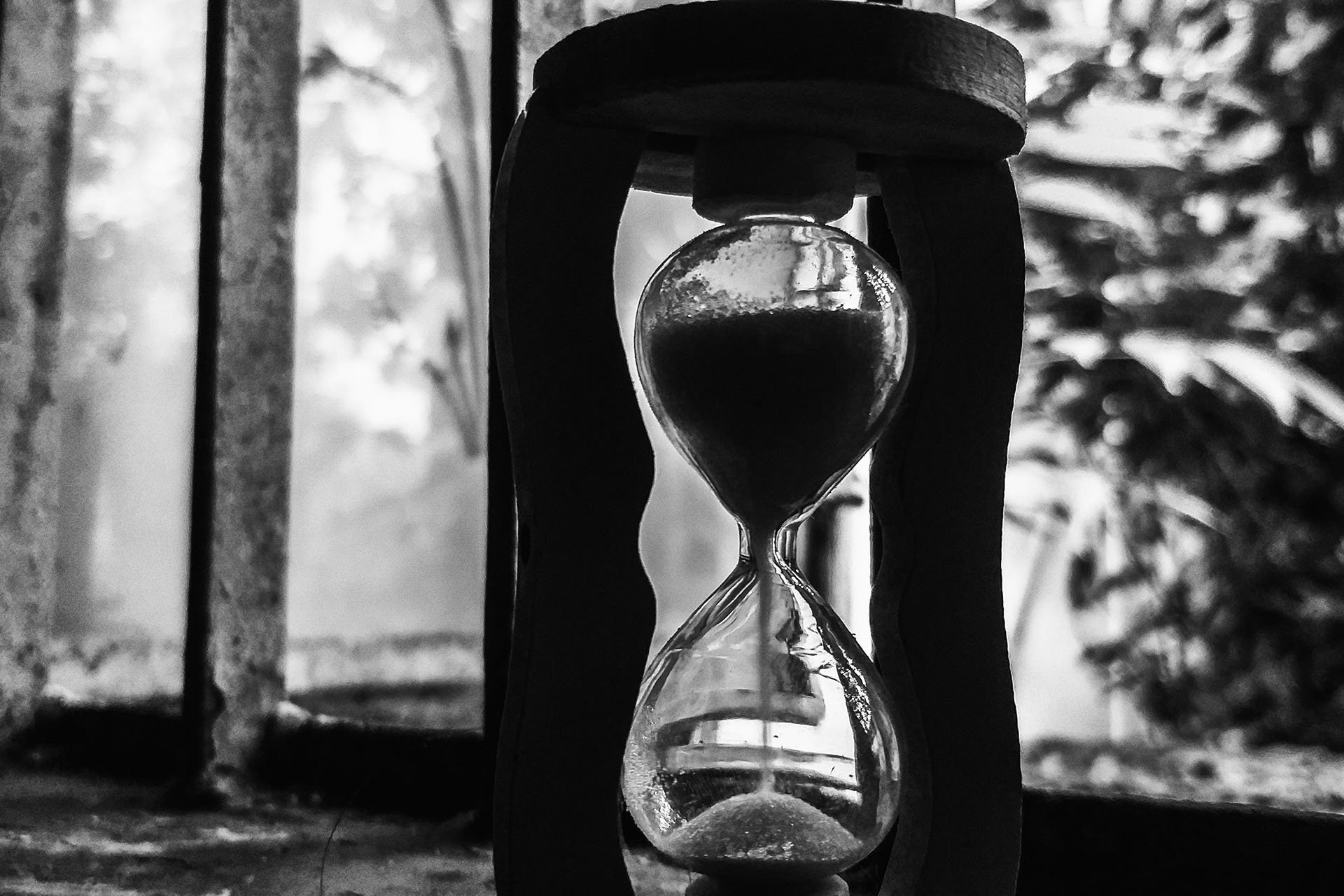
Thoughts
I write a lot. Essays. Articles. Blog posts. All of them sharing what I’m thinking about. Maybe you think about these things, too.

A Real Murder by the Book (Or Blog Post, As The Case May Be)
The rest of her story is dreary and pedestrian (as most real murders tend to be; it’s never Colonel Mustard, in the library, with a candlestick): the couple was experiencing financial difficulties and she thought a big life-insurance payout would make everything just peachy-keen.

In Search of the Great White Whale
We’re lightweights in the Moby-Dick Marathon, as it’s called. In New Bedford, they’re hardcore: they power on straight through, so volunteers can find themselves reading at three o’clock in the morning.

Decluttering Your Writing Past
So, I decided, it’s time to clean out that folder. Trash the stuff that didn’t work then, doesn’t work now, will never in this lifetime even have a stab at working. It’s an interesting journey, back into the early days of my storing my work in bytes rather than paper pages, and some of it has not aged well.

Wait, You’re Doing WHAT?
You locked the door to your house carefully when you went out. You come home after dark and find the door mysteriously cracked open and darkness within. What do you do?

Why Read Stories?
How can you develop empathy? Read stories! Stories—whether fiction or nonfiction—invite you into someone else’s life. They allow you to feel pain and sorrow, joy and transformation; to love deeply and hate just as deeply; to achieve and to fail.

How to Build a ”Better Époque”
Hemingway was confident his work would get done by accepting past disappointment and knowing punitive self-judgments were unlikely to get his book written any faster or better.

Improve Your Presentations—and Sell More Books!
At a time when most authors are expected to do the heavy lifting around marketing their books, the more you can improve the skills that enable that heavy lifting, the more results you will see.

A Tour of My Life via Books
Jeannette de Beauvoir answers questions about her own reading preferences and habits.

Where Do You Get Your Ideas?
“Where do your ideas come from?” Some of the answers might not be right for you, or might not be right at any given time. But in this as in all things, perseverance pays. If you’re pining for inspiration, here are a few places you might look…

How (and Why!) to Write a Multiple-Timeline Story
There are many ways in fiction to manipulate what the reader does—and doesn’t—know. Any time an additional timeline is added, the reader’s knowledge about the universe in the book expands.

Cleaning Out Those Nooks and Crannies
We have so much to do, on so many levels, but one of our goals as people of letters must be to search all the nooks and crannies of our language, the places where racist imagery lies in wait, the unexpected moments of truth.

Why I’m Jealous of Visual Artists
So, yeah—I’m jealous of visual artists. But more importantly, I’m in awe of them. And deeply grateful that we can watch them work… and be ourselves elevated in the process.



Liminality and a New Horizon... Just Ahead
Think of not knowing what life is and then finding out: a book suddenly learning how to read; a rock jutting out into the sea suddenly knowing the thump and splatter of the waves, the taste of salt.

Storms, Wrecks, and the Splendid Isolation of Writing
Writers think and create in isolation. Your isolation is really your workspace. No matter where you are physically, you’re simultaneously alone: it’s in your mental solitude that you build your story, that you interact with your characters, that you listen to the inner narrative voice guiding your craft. Isolation isn’t optional; it’s essential.

Why Read About Murder?
We mystery readers really, really like to read about death. Suspicious deaths, orchestrated deaths, clever deaths, carefully planned deaths. What is up with that?

What Do You Keep?
Getting rid of what we don’t need, what we’ve outgrown, what is cluttering our minds and hearts as well as our homes and offices, means there is space to add different things and experiences and people. It can help us rewrite the story of who we are.

Biblio-What?
The method is simple. You think or pray your question or intention, close your eyes, open the book at a random page, and point somewhere on the page. The line or passage you’ve pointed to is your answer.

Resolutions for Your Writing Practice in 2021
Let’s start big. Leave off everything that’s sensible and practical and for just one moment, let your heart take wing. What is your dream vision for your writing practice? Take some time—an hour, a day—and just let your imagination run wild.
